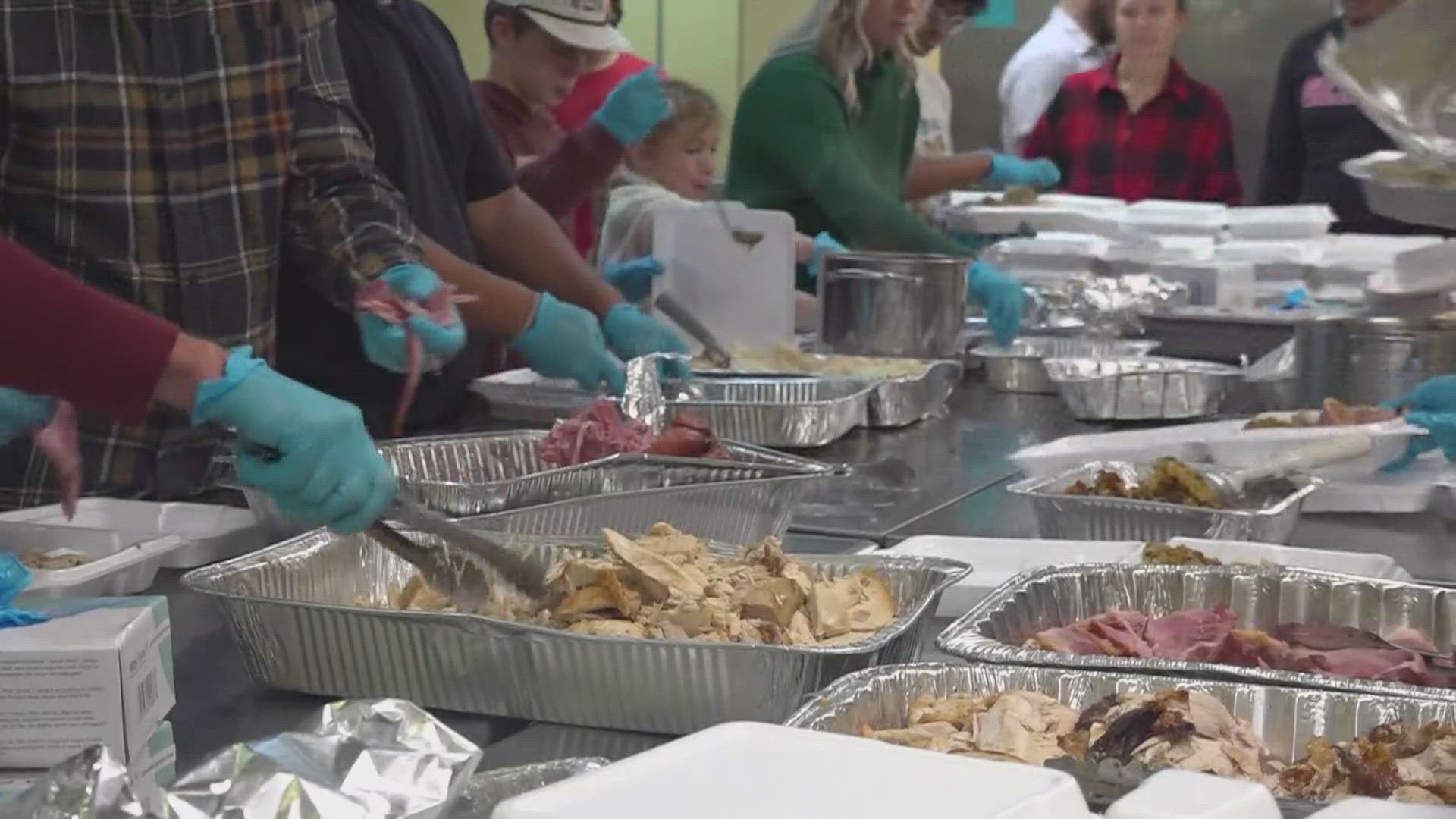TEMPLE, Texas — Did you know the origin of the term Black Friday has nothing to do with shopping? According to Encyclopedia Britannica, the term emerged from the annual Army-Navy game taking place in Philadelphia.
The Power of Retail
Historically, the day after Thanksgiving has always been one of the busiest shopping days of the year. Department stores, which dominated the retail market in the United States in the early 1900s, started advertising Christmas-related items immediately after Thanksgiving, which used to take place on the last Thursday of November.
Traditional retailers opted not to sell Christmas-themed goods so early until a coincidence in 1939 changed everything,
There were five Thursdays in November that year, making Thanksgiving land on Nov. 30 and striking concern into the heart of the retail industry. Retailers were afraid that people would have less time to shop between Thanksgiving and Christmas.
So, retail companies successfully lobbied to have the holiday move up by a week to Nov. 23. After seeing people take advantage of the extra week to shop, U.S. Congress decided in 1941 to permanently move Thanksgiving to the fourth Thursday of the month.
The retail industry soon experienced another fortuitous shift. Following the end of World War II in 1945, highways expanded and suburban neighborhoods boomed.
Shopping malls and new companies emerged across the county, leading to the downfall of large department stores and an opening for new retailers to begin advertising Christmas-related items early.
What's in a word?
Black Friday was originally a term used by police officers. In Philadelphia.
The city has been a longtime host of the annual Army-Navy football game going back to the turn of the 20th century. While American retailers experienced an economic boon, football fans across the country traveled to Philadelphia.
Families and fans coming into the city to watch the game as well as those looking to spend more time with loved ones around Thanksgiving often shopped after the game or over the weekend.
Law enforcement needed to work overtime to maintain order on the streets as enormous crowds formed in the city's busiest shopping areas.
Enter the term, Black Friday.
Beginning in the 1980s, retailers hoped to coin "Big Friday" referring to the popular shopping day, but it failed to catch on.
Retailers decided to say Black Friday instead after some consideration because of the chaotic crowds and heavy traffic in shopping malls. The retail industry was concerned with the way it sounded, but it sounded catchier than "The Day After Thanksgiving" or "Big Friday."
Retailers later reinterpreted Black Friday to signify moving from operating at a loss ("in the red") to making a profit ("in the black") due to holiday sales.
21st Century Outlook
Black Friday sales have grown nearly every year with retailers choosing to open earlier and earlier. Opening times even cut into Thanksgiving day until the COVID-19 pandemic. A few places remain open on Thanksgiving, but many are closed.
Yet, shoppers can still shop online to find the bargain they are looking for.
Online sales have led to a digital hyper-sale known as "Cyber Monday," taking place on, as the moniker suggests, the Monday after Thanksgiving when retailers slash online prices in one last holiday weekend push to sell.
In today's market, consumers can buy at a bargain weeks ahead of Thanksgiving. Big companies, such as Walmart and Target, offer early Black Friday sales.
Black Friday, despite a heavy retail association, started far away from aisles and shelves and changed the face of holiday shopping.

